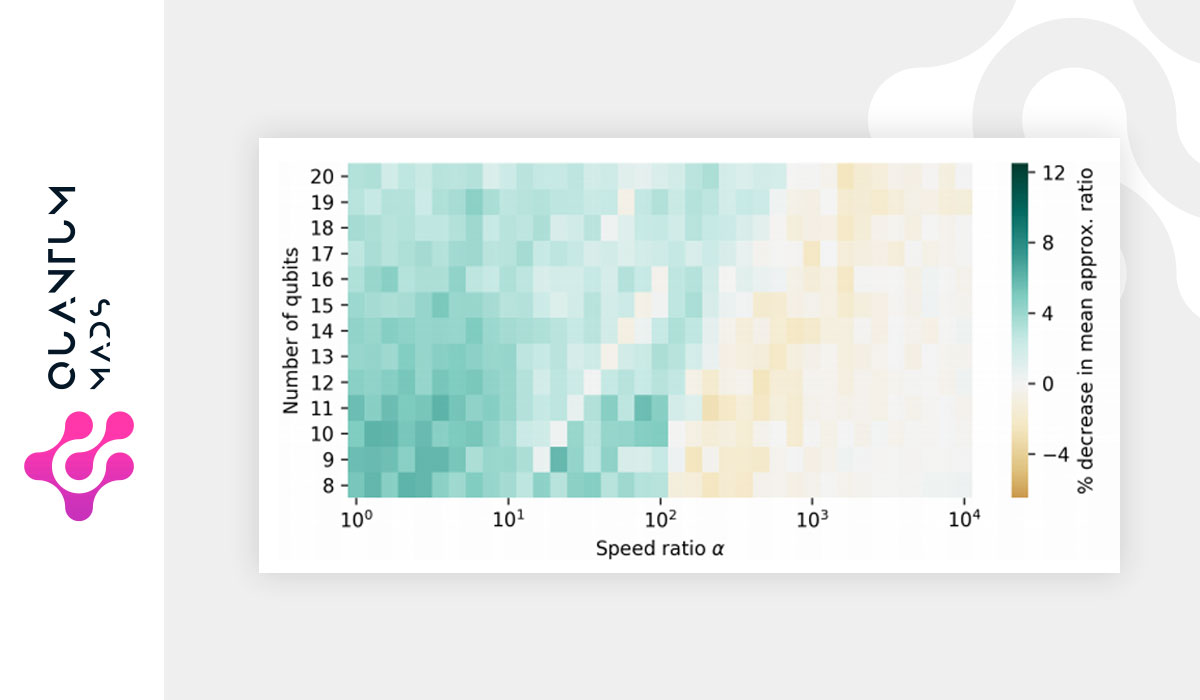
The Quantum Approximate Optimisation Algorithm was proposed as a heuristic method for solving combinatorial optimisation problems on near-term quantum computers and may be among the first algorithms to perform useful computations in the post-supremacy, noisy, intermediate scale era of quantum computing. In this work, we exploit the recently proposed digital-analog quantum computation paradigm, in which the versatility of programmable universal quantum computers and the error resilience of quantum simulators are combined to improve platforms for quantum computation.
We show that the digital-analog paradigm is suited to the variational quantum approximate optimisation algorithm, due to its inherent resilience against coherent errors, by performing large-scale simulations and providing analytical bounds for its performance in devices with finite single-qubit operation times. We observe regimes of single-qubit operation speed in which the considered variational algorithm provides a significant improvement over non-variational counterparts.
Read the whole article on arXiv
